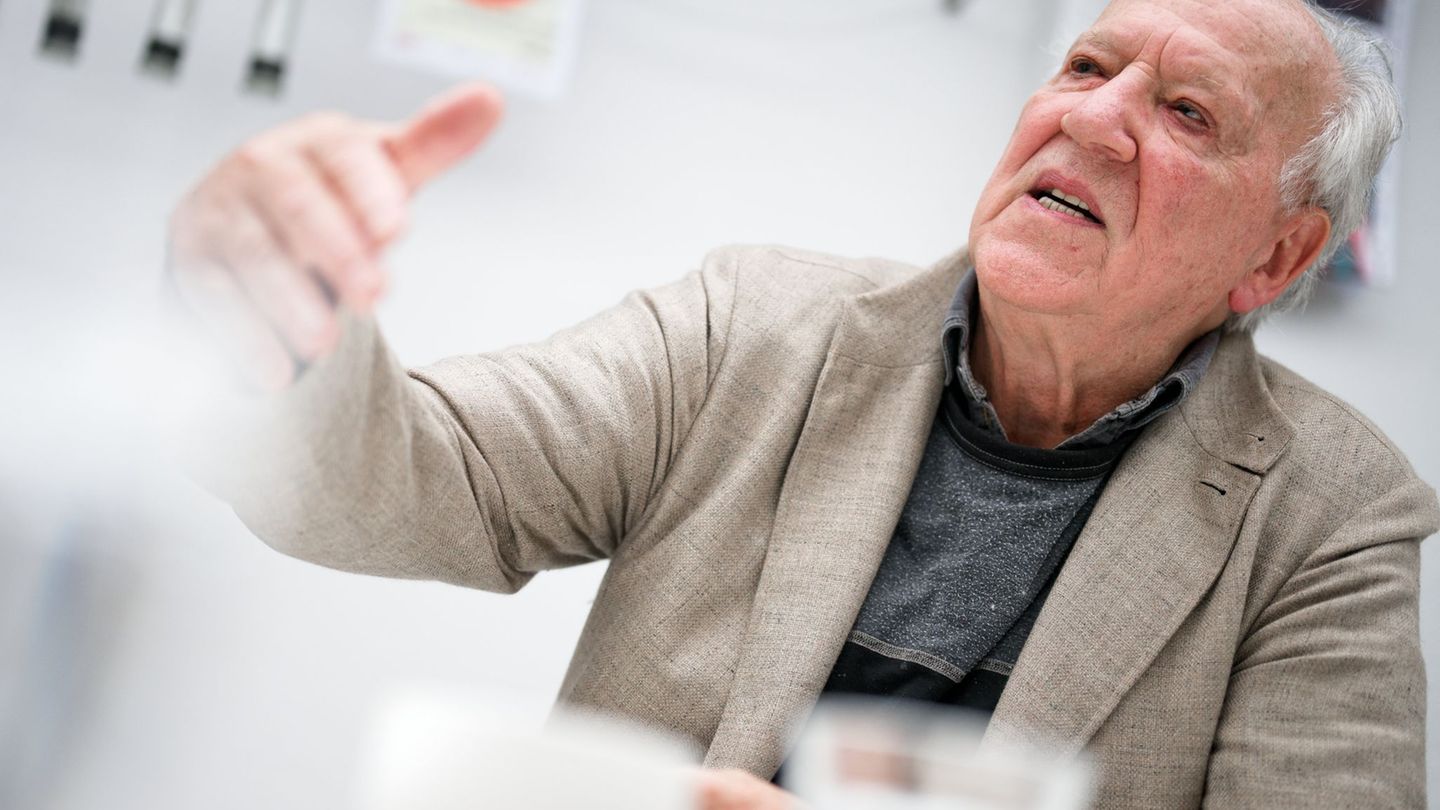I have been working in the news industry for over 6 years, first as a reporter and now as an editor. I have covered politics extensively, and my work has appeared in major newspapers and online news outlets around the world. In addition to my writing, I also contribute regularly to 24 Hours World.
Menu
Friedrich Merz has to fear for his candidacy for chancellor because of Thuringia
Categories
Most Read
Defense: What is planned during military service and what is disputed
October 16, 2025
No Comments
Compulsory military service: Steinmeier doubts the planned lottery system
October 16, 2025
No Comments
Military service reform: Steinmeier doubts the lottery system for military service
October 16, 2025
No Comments
EU: Drone defense should start by the end of 2026
October 16, 2025
No Comments
“Maischberger”: Kretzschmer calls for a different way of dealing with the AfD
October 15, 2025
No Comments
Latest Posts

Ice hockey: Lukas Reichel scores the first brace of his NHL career
October 16, 2025
No Comments
PierceI am Pierce Boyd, a driven and ambitious professional working in the news industry. I have been writing for 24 Hours Worlds for over five

Cult director: Werner Herzog: half a million followers, but no smartphone
October 16, 2025
No Comments
Lisa HarrisI am an author and journalist who has worked in the entertainment industry for over a decade. I currently work as a news editor

Uruguay approved the euthanasia law and became the first country in the region to legalize it
October 16, 2025
No Comments
October 16, 2025 – 00:06 After more than twelve hours of debate, the Uruguayan Senate gave final sanction to the “death with dignity” project. The
24 Hours Worlds is a comprehensive source of instant world current affairs, offering up-to-the-minute coverage of breaking news and events from around the globe. With a team of experienced journalists and experts on hand 24/7.

